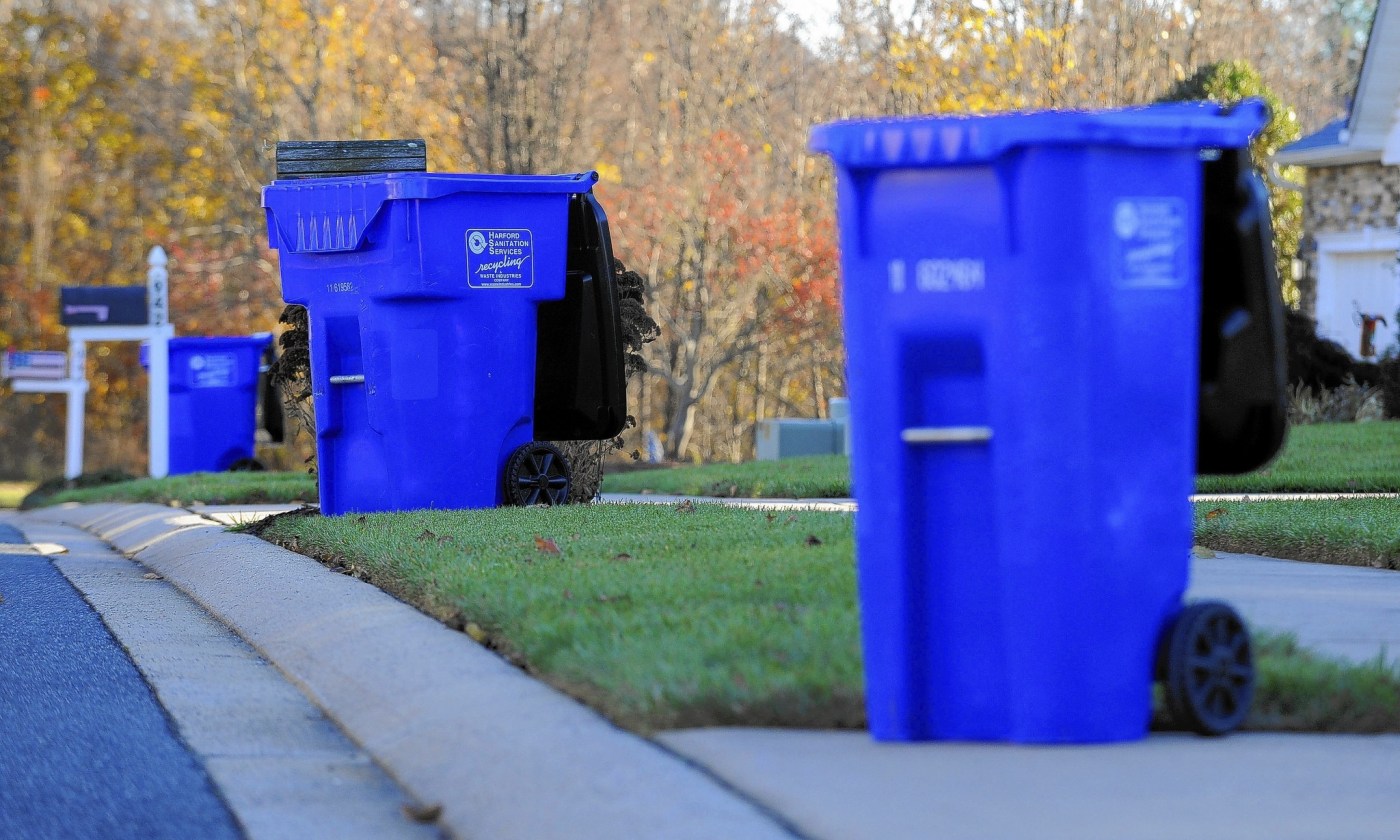Top Stories
Balancing Love for Nature with Practical Parenting Choices

In a candid reflection on parenting and environmental values, Zach Przystup, an employee of the U.S. Department of State, shares his thoughts on the often conflicting demands of family life and ecological responsibility. While he identifies as a nature lover who frequently visits regional parks, he acknowledges the practical necessity of using disposable items, such as paper plates, in certain situations.
Przystup draws attention to the challenges of managing a busy household, suggesting that there are specific scenarios where the use of paper plates and plastic utensils is not only justifiable but essential. He presents three distinct situations that warrant this approach, effectively illustrating the trade-offs parents often face.
When Time is of the Essence
The first scenario Przystup highlights occurs when families find themselves surprisingly ahead of schedule. Picture a rare evening where chores are completed, dinner is prepared, and there are no extracurricular obligations looming. In these moments, he argues, it is acceptable to opt for the convenience of disposable plates to capitalize on the unexpected free time. Instead of being bogged down with dishwashing, families can enjoy a film like “Happy Gilmore 2” and relax together.
Conversely, Przystup describes the urgency of being behind schedule. When chaos reigns and a house resembles a disaster zone, he advocates for the use of paper plates to streamline the cleanup process. This choice allows for a quicker return to order, reducing the stress often associated with managing household responsibilities.
Hosting Children’s Events
The third scenario focuses on the demands of hosting children’s birthday parties. Przystup emphasizes that when ten first-graders invade a home, the situation calls for what he terms the “platinum package” of disposable items. This includes not only paper plates but also tablecloths and utensils, creating a manageable way to handle the aftermath of a lively celebration. He describes the satisfaction of quickly disposing of the mess, likening it to a transformative experience in the realm of domestic chores.
Despite his embrace of environmentalism, Przystup argues he does not view himself as a hypocrite. He references F. Scott Fitzgerald, quoting, “The test of a first-rate intelligence is the ability to hold two opposing ideas in mind at the same time and still retain the ability to function.” For Przystup, this sentiment encapsulates the balancing act many parents navigate between their love for nature and the practicalities of everyday life.
Ultimately, he encourages parents to appreciate the beauty of nature while also recognizing that sometimes convenience must take precedence. As he concludes, “Sometimes you gotta do what you gotta do, and just dial up the Dixie,” giving a nod to the brand that has become synonymous with disposable dining.
Przystup’s commentary resonates with many parents who grapple with similar dilemmas, highlighting the complexity of modern family life while advocating for mindful choices that still allow for moments of enjoyment and relaxation.
-

 Lifestyle3 months ago
Lifestyle3 months agoLibraries Challenge Rising E-Book Costs Amid Growing Demand
-

 Sports3 months ago
Sports3 months agoTyreek Hill Responds to Tua Tagovailoa’s Comments on Team Dynamics
-

 Sports3 months ago
Sports3 months agoLiverpool Secures Agreement to Sign Young Striker Will Wright
-

 Lifestyle3 months ago
Lifestyle3 months agoSave Your Split Tomatoes: Expert Tips for Gardeners
-

 Lifestyle3 months ago
Lifestyle3 months agoPrincess Beatrice’s Daughter Athena Joins Siblings at London Parade
-

 World3 months ago
World3 months agoWinter Storms Lash New South Wales with Snow, Flood Risks
-

 Science3 months ago
Science3 months agoTrump Administration Moves to Repeal Key Climate Regulation
-

 Business3 months ago
Business3 months agoSoFi Technologies Shares Slip 2% Following Insider Stock Sale
-

 Science3 months ago
Science3 months agoNew Tool Reveals Link Between Horse Coat Condition and Parasites
-

 Science2 months ago
Science2 months agoSan Francisco Hosts Unique Contest to Identify “Performative Males”
-

 Sports3 months ago
Sports3 months agoElon Musk Sculpture Travels From Utah to Yosemite National Park
-

 Science3 months ago
Science3 months agoNew Study Confirms Humans Transported Stonehenge Bluestones









